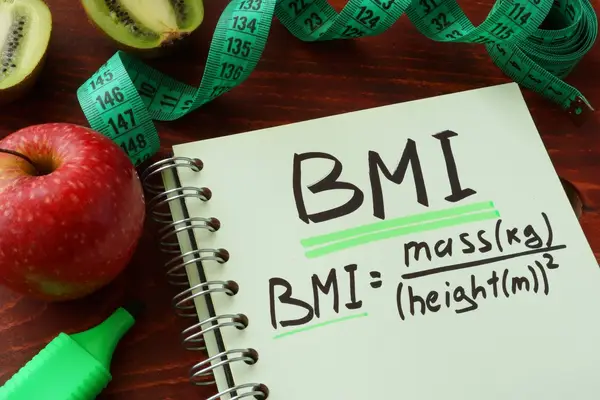Sure, many of us snack toward the end of the day, when we're tired and finally have an opportunity to sit, relax and unwind. But some people eat and eat and eat. They might have night eating syndrome (NES), which is different than just wanting to have a little treat or something sweet.
For someone with NES, a significant portion of the day's intake is consumed at night. That can mean more than 25 percent of their daily calories after their evening meal.
Unlike binge eating, people with NES don't consume huge amounts of food in one sitting. They tend to eat smaller, repeated snacks throughout the evening. And, they typically eat very little during the day. Most of the food they consume is after dinner and during the night (many suffer from insomnia), and most of that food is highly caloric.
Night eating syndrome also differs somewhat from another nighttime eating disorder known as sleep-related disorder. With sleep-related disorder, a person wakes during the night to eat but has no recollection of it. The person may wake in the morning to the sight of empty cookie boxes, candy wrappers and a cleaned-out refrigerator and wonder, "Who came into the house in the middle of the night and attacked all my food?"
People with NES do remember that they've eaten the night before. That's when shame, guilt and self-loathing may enter the picture.
People with NES have a cluster of behaviors. Because they feel embarrassed and ashamed about their eating, they will usually hide their food and eat alone, and they eat even when they're not hungry. They eat very quickly and continue to eat despite being uncomfortably full.
Typically, they feel depressed, and their low mood worsens as the evening wears on. They also believe that they will only be able to sleep (or get back to sleep) if they eat, waking up at least two nights a week to eat and experiencing insomnia at least four to five nights each week.
Those with NES might struggle with weight concerns, but according to one study, half of the people diagnosed with it were in a normal weight range before they developed symptoms.
Yes, NES is real and presents many challenges to the one in 100 people it affects. But no one is quite sure of its root causes or the best way to treat it.
Some researchers have found a possible genetic link responsible for NES. PERI, a gene that regulates your body clock, could be defective, they think. Other experts think that perhaps the levels of the hunger hormone ghrelin increase in the evening or in response to stress.
Treatment for NES varies, though the options are quite limited. They include medication, cognitive behavior therapy, light therapy, progressive muscle relaxation and behavioral therapy.
It might also be worth trying these popular and generic approaches to nighttime overeating:
- Develop a regular eating schedule during the day. This can be challenging, particularly when still full after eating during the night, but getting on a daytime schedule with regular meals and snacks can help reduce nighttime eating.
- Set an eating "curfew," a designated time in the evening when you decide you will stop eating. You may want to tell yourself "the kitchen is closed." If you're up late and need a snack, allow some flexibility, but the curfew can help you establish a routine.
- Turn out the kitchen light, and don't stay near the kitchen.
- Focus on improving sleep hygiene and developing a soothing bedtime routine.
- Floss and/or brush your teeth after dinner. If you have an evening snack, you will need to floss and brush again.
- Some people eat because of emotions, so ask yourself some questions like: Am I tired? Am I really hungry? Am I sad? Learn more about how to avoid emotional eating.
- If you are physically hungry, eat to nourish your body. Sit down for a meal or snack that contains a variety of nutrients and satisfies you. Choose something containing protein, fiber and healthy fat for satiety and nutrients. Examples include Greek yogurt, veggies with hummus, air-popped popcorn or a small portion of nuts. But before snacking, consider what will satisfy you and make an intuitive choice. Learn 10 easy ways to up your protein intake.
- Eat without distractions like television or mobile devices. Eating more mindfully can make you aware of what you're eating and produce greater satisfaction.







